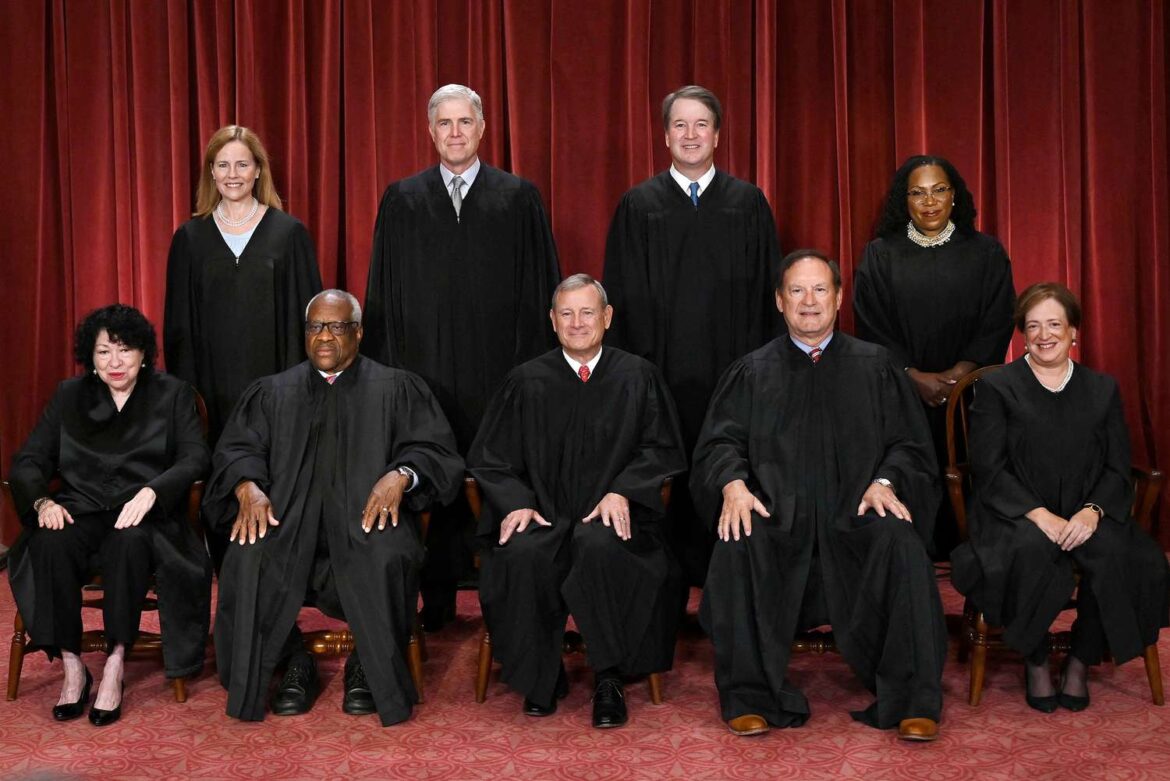Economist Timothy Peterson said the US Supreme Court’s decision to overturn Chevron will prevent the SEC from acting as an “automatic subject matter expert” on crypto on June 28.
Chevron doctrine originated in a 1984 case titled Chevron v. Natural Resources Defense Council, which created a test to determine when US federal courts must defer to agency interpretations of laws and statutes. According to Peterson, the decision to overturn the Chevron doctrine limits the SEC’s “unilateral interpretive power” against Bitcoin.
He asserted that the decision will require courts to scrutinize the SEC’s anti-crypto stance. The change could produce fairer regulations and a more balanced legal landscape, including reducing SEC staff’s ability to define assets as securities.
FOX Business reporter Eleanor Terrett said the end of Chevron doesn’t entirely remove the SEC’s ability to bring enforcement actions but does open the question of whether Congress has granted the SEC authority to regulate crypto as a security. Terrett said the end of Chevron could impact the SEC’s case against Consensys and its assertion that certain tokens are securities.
In January, lawyer Paul Clement presented an oral argument in Loper Bright Enterprises vs. Raimondo — a case that led to the overturning of Chevron on June 28. He called crypto a “concrete example” of gridlock related to Chevron and asserted that Congress has not addressed crypto because agencies can claim authority on such matters. He implicitly referred to the SEC and its chair Gary Gensler, stating:
He later stated that someone is “going to litigate whether crypto is an investment contract” alongside other issues, adding that Chevron’s overruling could “move things… in the right direction” when it comes to handling such cases. The US Supreme Court overturned Chevron in two cases on June 28 — Relentless Inc. v. Dept. of Commerce and Loper Bright Enterprises v. Raimondo.
The New Civil Liberties Alliance (NCLA), responsible for the first case, said the decision means gaps and ambiguity in statutes no longer grant statutory authority to agencies. The latest decision instead requires Article III courts to address said ambiguities.
- Biden Adviser Engages with Crypto Leaders in D.C. Roundtable
- Ripple Labs CEO Brad Garlinghouse Says SEC to Press Judge for $2B in Fines and Penalties in Ripple Case
- Major Win For Hex’s, PulseX and PulseChain, Richard Heart, SEC dismisses lawsuit
- The FTC is reportedly investigating Meta’s VR division for antitrust violations
- Treasury Department Order to Target Financial Transactions as Low as $200,
- Solana DeFi Platform Mango Markets Settles SEC Charges Over MNGO Token






